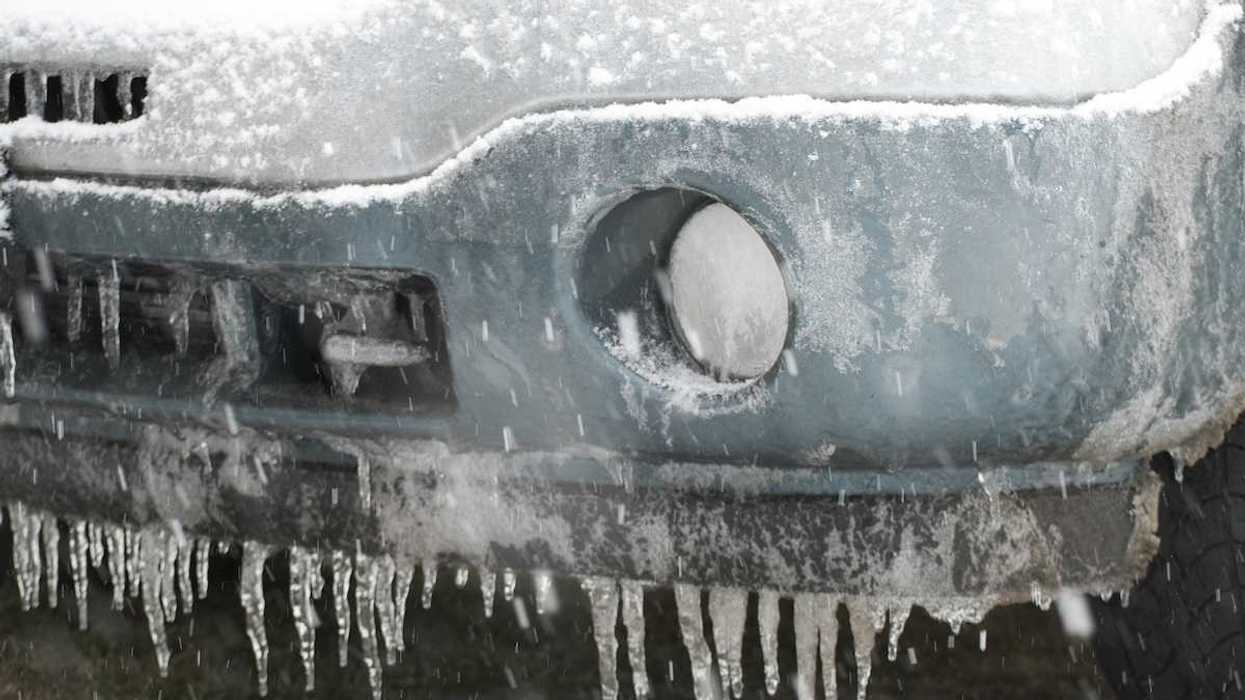Exposure to fine particulate matter from wildfires may significantly raise dementia risk in older adults, according to a decade-long study of more than 1.2 million people in Southern California.
Sharon Udasin reports for The Hill.
In short:
- Wildfire PM 2.5 exposure was linked to an 18% higher likelihood of dementia diagnosis for every microgram-per-cubic meter increase, compared to just 1% from non-wildfire PM 2.5 sources.
- Researchers found stronger effects in people under 75, suggesting outdoor exposure or earlier mortality impacts.
- Marginalized groups face compounded risks due to housing quality and limited access to air filtration systems during wildfire events.
Key quote:
“Lower-quality housing may increase smoke infiltration, and poorer families may have constrained economic choices that limit their ability to pay for air filtration systems to improve air quality during smoke events.”
— Study authors
Why this matters:
As wildfires become more frequent, understanding their specific health impacts is critical, especially for vulnerable populations. The findings reinforce the need for targeted public health interventions and policies to address environmental and social inequities.
Learn more: Smoke from wildfires increases risk of dementia more than other pollution














